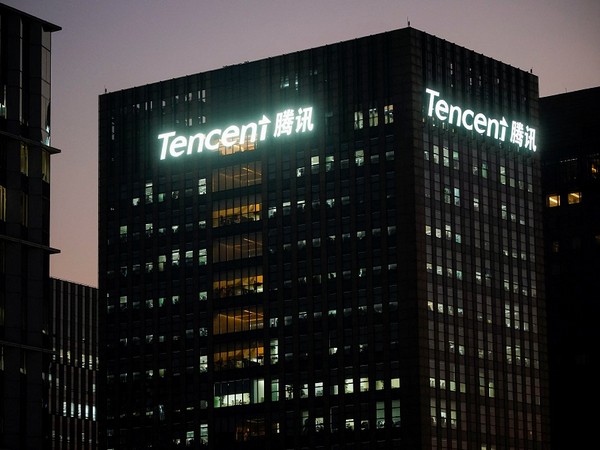Tencent, Baidu, Weibo downgraded by Morningstar ESG unit over censorship
Sustainalytics, the environmental, social and governance (ESG) ratings unit of U.S. financial services group Morningstar, has downgraded Tencent Holdings, Baidu and Weibo Corp over their role in China's expanding control of its internet.

Sustainalytics, the environmental, social and governance (ESG) ratings unit of U.S. financial services group Morningstar, has downgraded Tencent Holdings, Baidu and Weibo Corp over their role in China's expanding control of its internet. The move, which was made in recent months, prompted at least one U.S. asset manager, WisdomTree Investments, to delete the firms from two of its indexes during its latest annual rebalance, according to a Oct. 24 post by WisdomTree.
Sustainalytics told Reuters on Saturday it had downgraded the firms from a watchlist to being "non-compliant" with the second of the United Nations Global Compact's principles, which says businesses should not be complicit in human rights abuses. "Internet censorship in China is continually increasing. Tencent, Baidu and Weibo are playing a significant role as they are among the largest Chinese internet software and services companies, fulfilling central functions in Chinese society and its information services infrastructure," Sustainalytics said.
"The scope of the allegations against Tencent, Baidu and Weibo have increased, affecting more stakeholder groups. Several instant messaging groups, private and public accounts etc on Tencent and Weibo are banned and severely censored." Tencent and Baidu declined to comment. Weibo did not immediately respond to requests for comment on Monday.
Tencent owns China's dominant messaging app WeChat, while Baidu and Weibo respectively run China's leading search engine and Twitter-like microblog services. Content companies in China are required to comply with the country's strict censorship regime, which has tightened significantly in recent years. Platforms swiftly and regularly delete items, from complaints about COVID lockdowns to cryptic criticism of politics.
The three companies had accounted for a sizable weight in WisdomTree's ex-State-Owned Enterprises China Index. "As a portfolio manager, we have a systematic process. That's why we decided to take those companies off from the portfolio," which is around $1 billion, Liqian Ren, who manages the fund's China investments, said in an interview. "If Sustainalytics says this company, according to their criteria, is non-compliant, then we don't hold its stock," Ren added.
Sustainalytics has worked with institutional investors on managing ESG-related risks for 30 years, and serves 18 of the top 20 asset managers, according to its website. The downgrades highlight the divergent ESG standards between western countries and China, especially on social and governance issues. China says it embraces ESG, but has its own human rights and corporate governance standards.
(This story has not been edited by Devdiscourse staff and is auto-generated from a syndicated feed.)
- READ MORE ON:
- China
- Morningstar
- Chinese
- U.S.
- Baidu
- COVID
- United Nations
- Tencent Holdings
ALSO READ
Robotaxi Race: Pony.ai and Baidu Target Hong Kong Expansion
How COVID-19 Exposed and Strained the Mental Health of Healthcare Professionals
Bridging the Gap: Gender Lessons from COVID-19 for Future Pandemics
Court Orders Compensation for Covid-19 Wedding Cancellation
Sandeep Dikshit Slams AAP's Handling of COVID-19 and Reservation Issues










